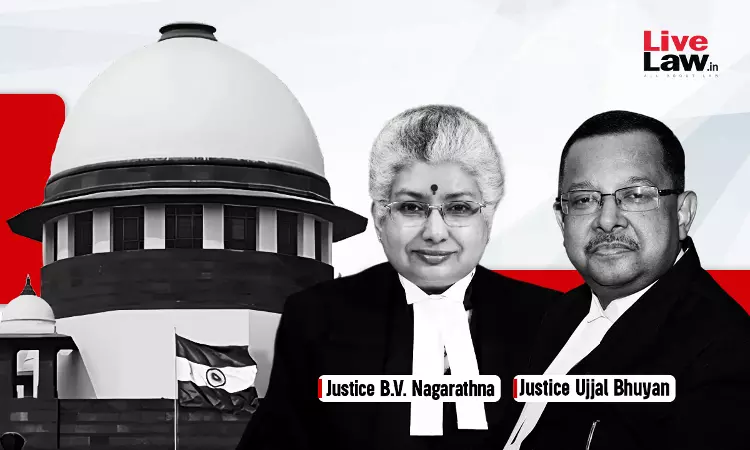Supreme Court Issues Notice On Plea Challenging Validity Of Section 3G Of National Highways Act
ausaf ayyub
19 Jan 2024 9:56 AM IST

Next Story
19 Jan 2024 9:56 AM IST
The Supreme Court Bench of Justices B.V. Nagrathna and Ujjal Bhuyan has issued notice on a writ petition challenging the Constitutional Validity of Section 3G of the National Highways Act, 1956. The writ petition questions the legality of Section 3G(5) of the Act. This section mandates arbitration to resolve disputes over the compensation amount payable to landowners when their land...
